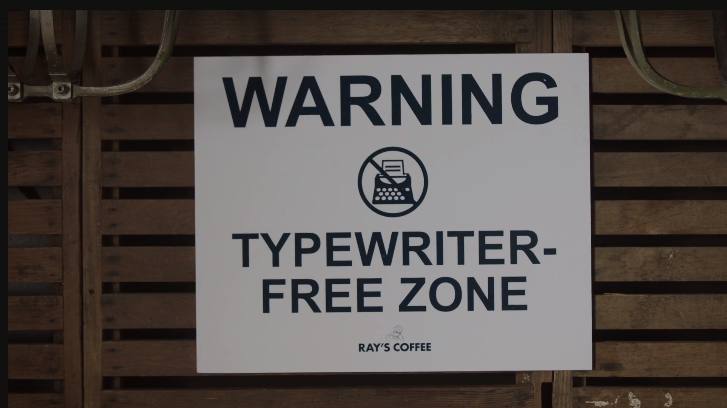The Argument For Going Back To Flip Phones
High-profile types are taking a retro approach to mobile tech

My father-in-law sent me a link to this BBC article about dumping smartphones for dumb ones with the message that he’s considering it. Considering that he’s seriously into his Apple gadgets, that was worth two raised eyebrows from me. Apparently he’s not the only one moved by the idea of going back to a simpler time , tech-wise — the halcyon days of ten years ago.
Like billionaire business leaders Warren Buffett and Blackstone private equity’s Stephen Schwartzman, [Shutterstock manager Danny] Groner’s only mobile connection with the world is an old-school flip-phone used just for calls and SMS (text messages). … Groner makes it crystal clear why he benefits from being a smartphone refusenik. “I worry about burning out,” he said. “I spend 13, 14 hours a day in front of a screen, that’s enough. It doesn’t need to be 17 hours.”
Despite his enthusiasm for retro devices, he admits we can’t all ditch our smartphones: “If everybody was like me, no work would get done,” he said, even though Groner thinks his smartphone avoidance makes him a better worker.
Everyone was like him a decade ago, and work did get done (SOMEHOW!!), so I dispute his premise. But I am intrigued by his nostalgia. Is this a kind of hipster affectation, like the taste for suspenders, mustaches, typewriters and pickling?
Or is there something deeper going on? Maybe we would indeed be better off getting back to a time with fewer screens, or at least cutting back on this one. Maybe the work-life seesaw would be easier to balance without the extra weight of Siri and our bosses in our pockets.
Harvard University psychology lecturer Dr Holly Parker believes that flip-phone use could help people to define the line between work and home.
“People don’t have to force themselves into the false choice of, I can never look at work outside home versus I have to do it all the time,” she said, suggesting that companies benefit from improved productivity if they allow employees to cultivate the space to recover from work.
That does make sense to me. But I’m not sure it off-sets what we’d lose by giving up our touch screens. Our phones help with so many things that have nothing to do with work. I love being able to check directions on the go, to watch a show on Netflix or play several rounds of Words With Friends while on a train, to listen to podcasts while I run errands or do the dishes. At this point, a flip phone would feel about as useful as a cinderblock.
There are other practical considerations, though: think how much smaller your phone bill would be.
Support The Billfold
The Billfold continues to exist thanks to support from our readers. Help us continue to do our work by making a monthly pledge on Patreon or a one-time-only contribution through PayPal.
Comments